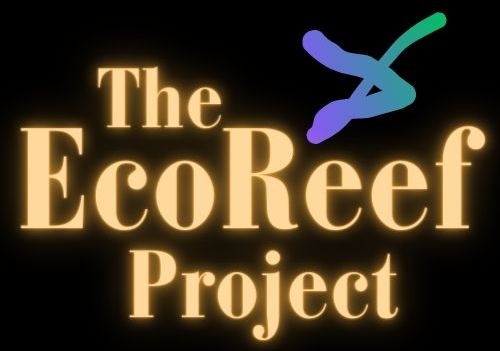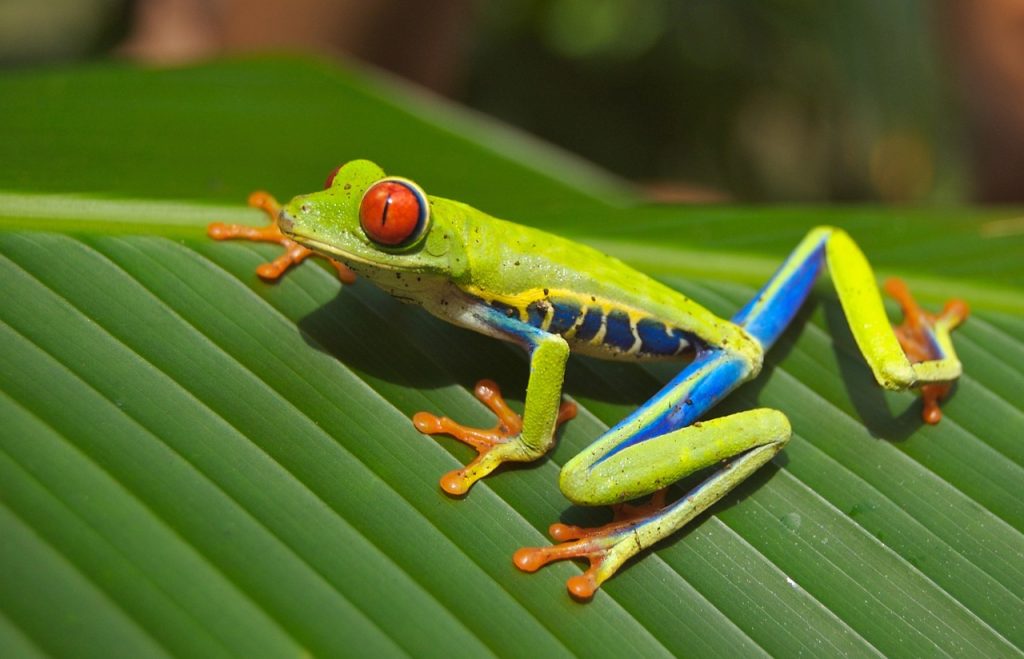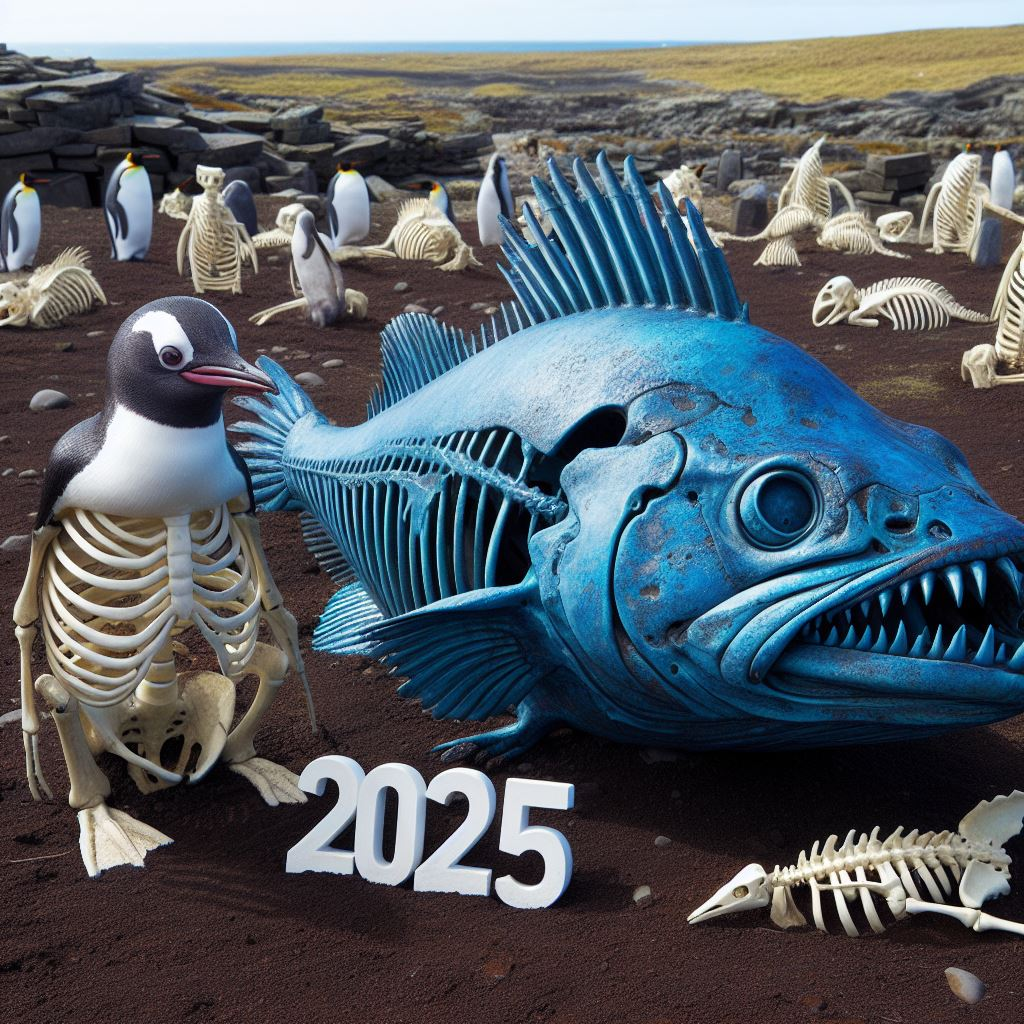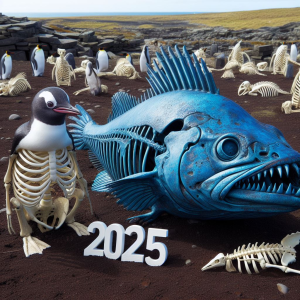A Comparative Analysis of Wildlife Protection Laws: The Penguin Incident in St Kilda vs. Gus the Blue Groper Case in NSW
——————————–
Introduction
In the realm of wildlife protection, laws and regulations play a crucial role in safeguarding various species. This blog post will delve into two distinct incidents that occurred in Australia: the kicking of a penguin in St Kilda and the killing of Gus, a blue groper in New South Wales (NSW). We’ll examine the penalties associated with these actions and how they reflect the evolution of wildlife protection laws.
Historical Context
Wildlife protection laws in Australia have a rich history, dating back to the 19th century. Over the years, these laws have evolved to accommodate the changing needs of wildlife conservation. The introduction of the Environment Protection and Biodiversity Conservation Act 1999 marked a significant milestone in the country’s commitment to protecting its unique biodiversity.
The St Kilda Penguin Incident
In December 2023, a shocking incident occurred in St Kilda, Victoria, where three individuals were accused of kicking a little penguin. The penguin was found in the middle of tram tracks at Alfred Square and The Esplanade. The penalties for such an act can be severe, with maximum penalties ranging from $3,846 to $48,077. This incident highlights the importance of wildlife protection laws and the severe consequences that can result from their violation.
The Gus the Blue Groper Case
In contrast, let’s consider the case of Gus, a blue groper in NSW. Gus was a well-known and beloved figure among locals and tourists alike. However, Gus’s life was tragically cut short when he was killed. The incident sparked outrage and led to calls for stricter penalties for harming blue gropers. In response, the NSW government revised the penalties for killing or fishing blue gropers, making it one of the most heavily protected fish species in the state.
Public Reaction
The public reaction to both incidents was one of shock and dismay. In St Kilda, locals rallied to protect the penguin population, while in NSW, the death of Gus led to a public outcry and calls for stronger protections for blue gropers. These reactions underscore the public’s commitment to wildlife conservation and their willingness to hold those who harm wildlife accountable.
Comparative Analysis
When comparing the two incidents, it’s clear that both Victoria and NSW take wildlife protection seriously, as evidenced by the hefty penalties for harming protected species. However, the specific penalties vary between the two states and depend on the species in question. The revision of the penalties for killing blue gropers in NSW demonstrates the dynamic nature of wildlife protection laws and their ability to adapt in response to specific incidents.
Evolution Of Penalties & The Case Of Gus The Blue Groper
Originally, the blue groper was only protected from spearfishing since 1969 and commercial fishing since 1980. However, recent incidents involving blue gropers, including the unfortunate case of Gus, led to a public outcry and calls for stronger protections for this species. In response to these incidents and community concerns, the NSW government took steps to ensure the protection of the blue groper by prohibiting fishing a blue groper by any method, including line fishing.
Under the new rules, a person found killing and or taking a blue groper in NSW by any method may face a $500 penalty infringement notice and/or a maximum court-imposed fine of $22,000 or imprisonment for 6 months (or both) for a first offense. For a second or subsequent offense and maybe any other offense after that, a perpetrator may receive a $44,000 fine or imprisonment for 12 months (or both). The interesting wording used makes this whole event of maybe.
The changes were initially implemented for a 12-month trial period during which time the Department of Primary Industries (DPI) consulted with stakeholders and the broader community on longer-term changes to blue groper fishing rules. Given the cultural significance of the species to many Aboriginal people, the new changes do not apply to Aboriginal cultural fishing.
The NSW government’s decision to revise the penalties for killing or fishing blue gropers demonstrates their commitment to wildlife protection and their willingness to adapt laws in response to specific incidents and public sentiment. This change also underscores the importance of public participation in shaping wildlife protection laws and policies.
The evolution of penalties for harming blue gropers in NSW reflects the dynamic nature of wildlife protection laws and their ability to adapt to changing circumstances and societal values. It serves as a reminder of our collective responsibility to protect wildlife and the role that laws and regulations play in facilitating this protection.
The Need For Stronger Penalties & Better Education
While the penalties for harming wildlife in both Victoria and NSW can be severe, some argue that they are not strong enough to deter potential offenders. The fines, while substantial, may not be a significant deterrent for individuals or groups who do not value wildlife or understand the importance of biodiversity.
One of the reasons why penalties may seem weak is the difficulty in enforcing these laws. Wildlife crimes often occur in remote areas or under conditions where detection is challenging. This means that many offenses go unnoticed or unreported, reducing the effectiveness of penalties as a deterrent.
Moreover, penalties alone are not enough to protect wildlife. Education has to be ongoing as it plays a crucial role in wildlife conservation and protection. By raising awareness about the importance of biodiversity and the role each species plays in the ecosystem, we can foster a culture of respect and care for wildlife.
Educational programs could focus on the importance of wildlife, the laws protecting them, and the consequences of violating these laws. They could be implemented in schools, local communities, and through media campaigns.
While penalties for wildlife crimes are an essential tool for wildlife protection, they need to be complemented by effective enforcement and comprehensive education programs. Only then can we hope to instill a deep-seated respect for wildlife and ensure their survival for future generations.
Remember, every creature plays a vital & different role in our ecosystem. Let’s respect and protect them. After all, we share this world with them.
Future Implications
These incidents have significant implications for the future of wildlife protection laws. They highlight the need for ongoing review and adaptation of these laws to ensure they provide adequate protection for all species. They also serve as a reminder of the role each individual plays in protecting wildlife and the consequences of failing to respect these laws.
Conclusion
The St Kilda penguin incident and the Gus the Blue Groper case serve as stark reminders of the importance of respecting wildlife. They also highlight the role of laws and regulations in protecting wildlife, and the ongoing need to review and update these laws to ensure they provide adequate protection for all species.
Remember as each ecosystem is different and ever-changing, every creature plays a vital role in our ecosystem. Let’s respect and protect them. After all, we share this world with them.
Join the Discussion
We invite you to join the discussion on these important wildlife protection issues. Share your thoughts, ideas, and experiences. Let’s raise awareness and advocate for stronger wildlife protection laws and better education. Remember, every voice counts!
#WildlifeProtection #SaveThePenguins #JusticeForGus #BlueGroper #StKildaPenguin #StrongerPenalties #WildlifeEducation #ConservationMatters #RespectAllSpecies #Biodiversity #ProtectOurWildlife #WildlifeLaws #NatureLovers #EcoWarriors #SpeakForTheVoiceless









Leave a Reply